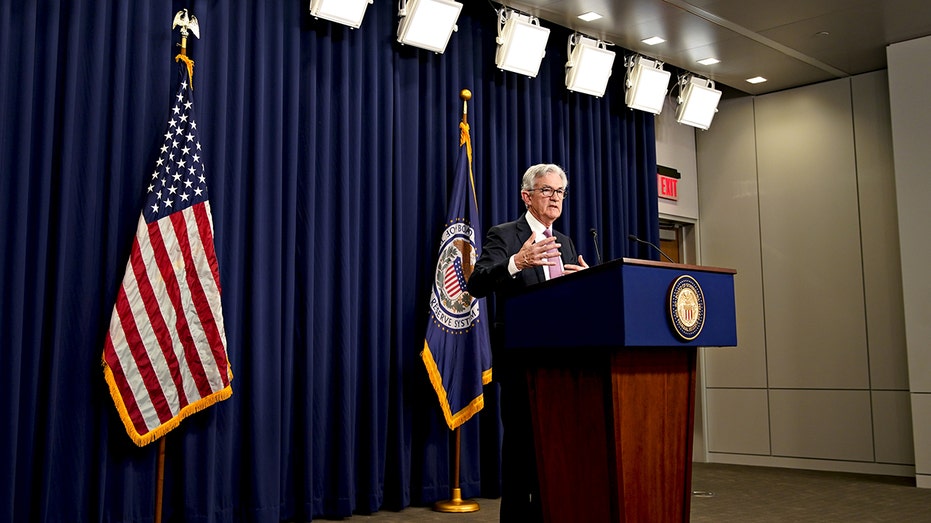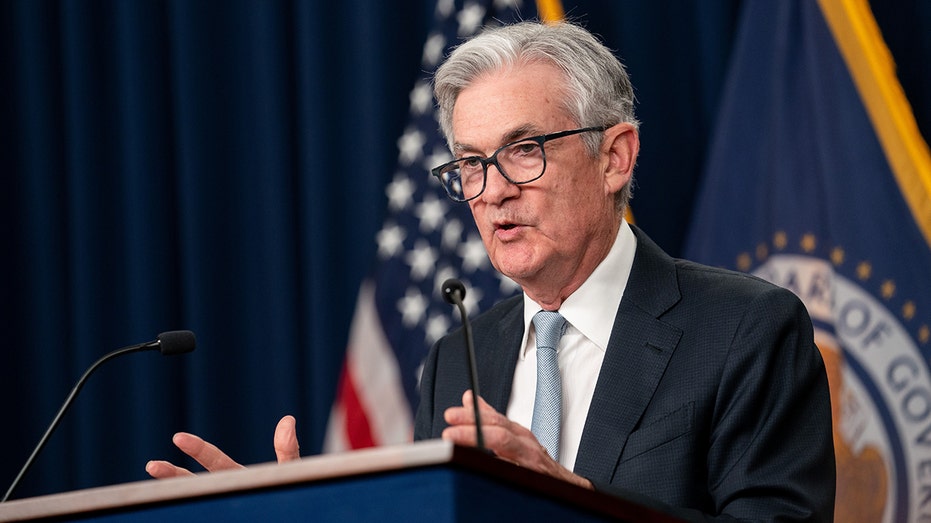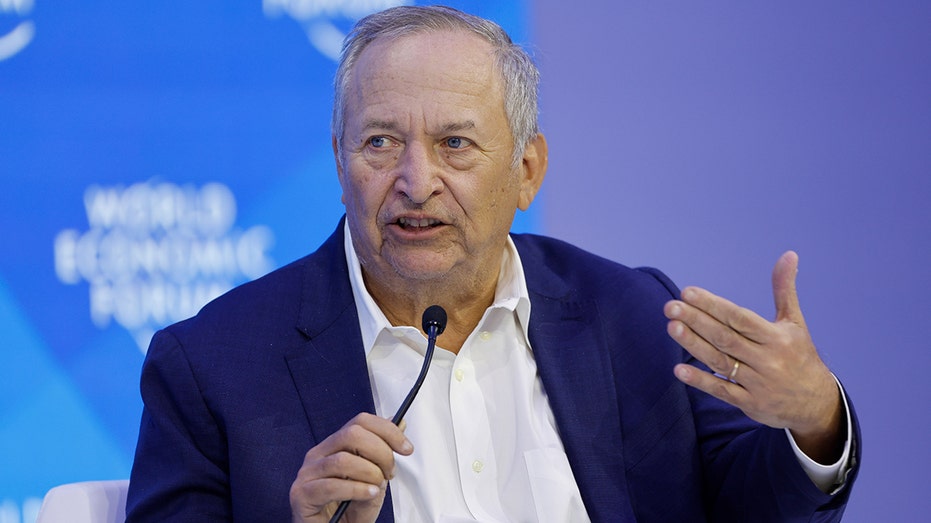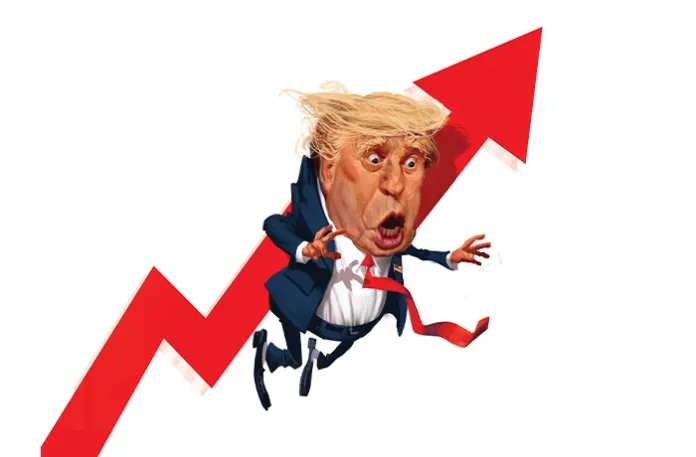Larry Summers Warns of 1970s Style Inflation Crisis if Fed Pauses Inflation Fight
Kenny Polcari, chief market strategist at Slatestone Wealth, encourages investors to consider other sectors in ‘Making Money’.
The U.S. economy The Federal Reserve will be facing an increased risk of a stagflation crisis in the 1970s if it stops fighting stubbornly high inflation early, said Larry Summers, former Treasury Secretary.
This warning was in response to a controversial theory Some economists, including Olivier Blanchard, former chief of the International Monetary Fund, believe that inflation should be increased to 3% instead of 2%.
“To suppose that some kind of relenting on an inflation target will be a salvation would be a costly error,” Summers, a Harvard University professor, spoke during the World Economic Forum in Davos, Switzerland. “It would ultimately have adverse effects as it did in a spectacular way during the 1970s.”
INFLATION EASES IN DECEMBER TO 6.5% BUT REMAINS STUBBORNLY HIGH
Lawrence Summers, President Emeritus and Professor at Harvard University during a panel session that took place on Friday, January 20, 2023, at Davos, Switzerland. (Photographer: Stefan Wermuth/Bloomberg via Getty Images/Getty Images)
Federal Reserve Chairman Jerome Powell The central bank has repeatedly stated that it is committed to keeping inflation under control and returning to the target of 2%, despite evidence to the contrary that consumer prices are starting to moderate.
Inflation fell 0.1% in December according to the government, marking the first monthly drop since 2020. Annually, inflation increased 6.5%. Although it is still about three times the pre-pandemic inflation average, it was 6.5%. This was a sixth consecutive year-over-year slowdown. These signs are growing that higher interest rates are causing the worst inflation bout since 1980s.
Wall Street investors are hopeful that the Fed might pause its aggressive rate-hike campaign and reassess the economic effects of tighter monetar policy.

Jerome Powell, Chairman of the U.S. Federal Reserve speaks at a news conference after a Federal Open Market Committee meeting in Washington, D.C. on Wednesday, May 4, 2022. (Photographer Al Drago/Bloomberg via Getty Images/Getty Images)
Summers cautioned however that the central bank should not take pre-emptive measures.
“It would be a grave error for central banks to revise their inflation target upwards at this point,” Summers said. “Having failed to attain the 2% target and having re-emphasized repeatedly the commitment to 2%, to then abandon the target would do very substantial damage to credibility. If you can adjust once, you can adjust again.”
Fed’s Brainard expects interest rates to remain high despite recent inflation decline
He said: “The counter-factual is not, ‘Can we have more inflation and no recession?’ It is, ‘If we fail to deal with inflation, we are likely to have a more severe recession at some point.’”
The Fed raised its benchmark interest rate In the most aggressive tightening campaign in 80 years, the range was 4.25% to 4.5%. Officials slowed rate increases to 50 basis points at their December meeting, after four consecutive 75-basis point hikes.

Jerome Powell, Chair of the U.S. Federal Reserve, attends a Washington, D.C., press conference on November 2, 2022. (Photo by Liu Jie/Xinhua via Getty Images / Getty Images
CLICK HERE TO READ MORE ON FOX BUSINESS
The benchmark interest rates are typically moved by central banks in intervals of 25-basis points.
The policy-setting Federal Open Market Committee next meets from Jan. 31 to Feb. 1; markets widely expect policymakers to downshift further and approve a quarter-point hike, according to CME Group data.
" Conservative News Daily does not always share or support the views and opinions expressed here; they are just those of the writer."





